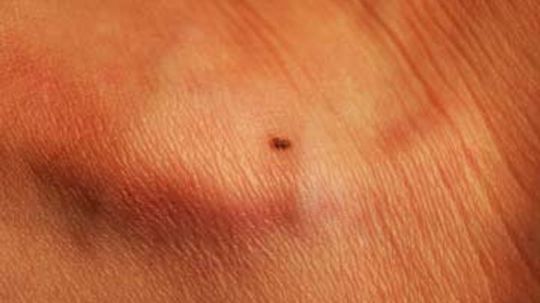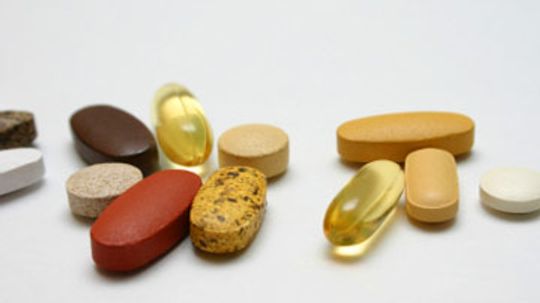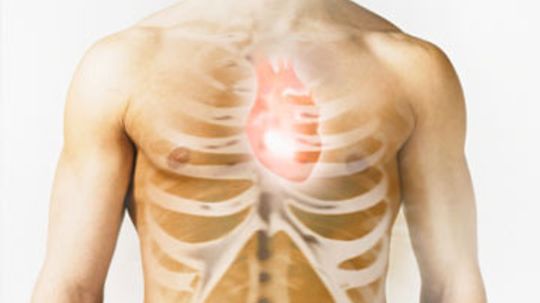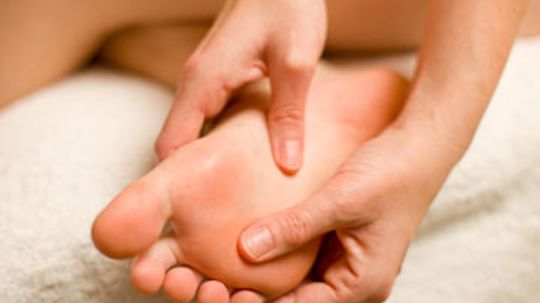Skin Information
Skin information provides great information about skin hygiene and appearance. Learn more about skin information at HowStuffWorks.
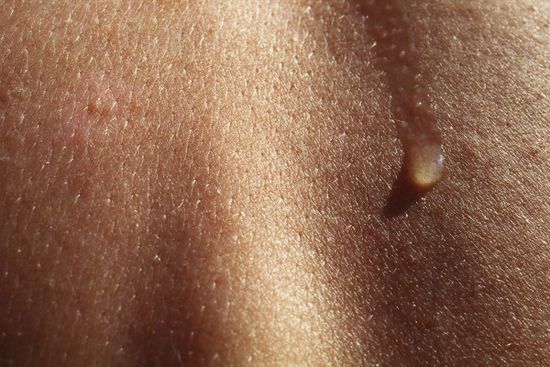
Do vegetarians have smellier sweat than omnivores?

How Sweat Works

5 Ways Your Skin Changes During Adolescence

Why Do Bruises Change Colors as They Heal?

Quick Tips: Does taking an aspirin daily affect your skin?

5 Things to Know About Lactic Acid in Skin Care
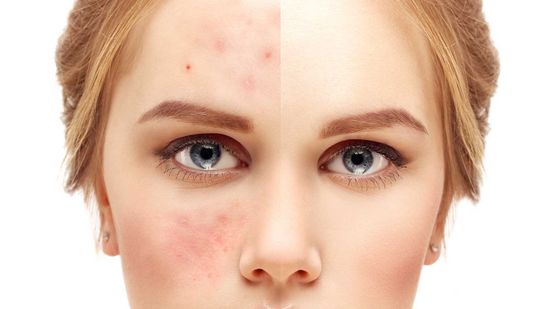
How Can Skin Be Oily Yet Dry?
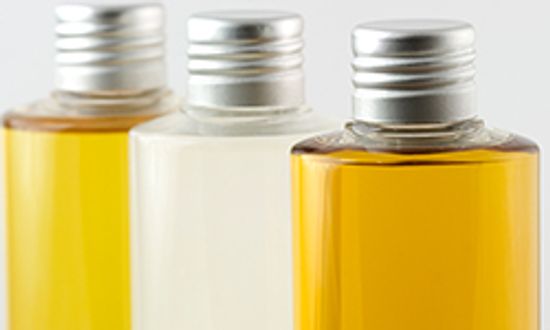
Quick Tips: Are petroleum-based face creams good for sensitive skin?

What is The Difference Between the Skin On Your Face and Your Body?

Quick Tips: 5 Best Fruits to Help Skin

Quick Tips: 5 Ways to Feed Your Skin the Nutrients It Needs

Top 10 Foods for Beautiful Skin
Learn More / Page 3
Understanding your skin type is the first step toward a regimen that will result in a glowing complexion. What signs will tell you if you're oily, dry or a combination of both?
It might look like a perfectly harmless little mole or freckle but it could be a ticking time bomb that will greatly affect your health. Melanoma accounts for approximately 5 percent of cancer cases. Do you know how to spot a cancerous mole?
Whether it's a warm handshake with a friend or a tentative test of a hot stove, the sense of helps us understand the world around us. How do our touch receptors relay information about temperature, pain and pressure to our brain?
Advertisement
When you take your facial fingerprint, you're collecting information on the aging process. What can a piece of transparent tape tell you about the condition of your skin?
By Gina Fisher
No matter how old you are, deep wrinkles on your face may tell a different story. How do you determine your skin age, and what are some of the factors that contribute to fine lines and dryness?
Cinnamon is one of the most common spices in the kitchen -- it's both sweet and tangy, and people use it to add flavor to pies, buns and toast. But does cinnamon have health benefits for your skin?
While you may cleanse and moisturize your skin daily to keep it healthy, you can also nourish skin from the inside with vitamins. But what are the best vitamins for skin health?
Advertisement
Your skin is one of the most important organs of your body, and it's also the largest. By acting as a barrier to the outside elements, it protects your internal organs from harm. But what is your skin actually made of?
Even though it's your body's largest organ, it's easy to take skin for granted. But it plays an important role as a protective barrier and temperature regulator. How does skin affect your overall health?
Your genes determine all of your physical characteristics, including those for your skin. How do they affect your skin's type, color and risk of having some kind of disorder?
You probably know that eating vegetables keeps your body healthy, but some vegetables can especially benefit your skin. Which ones help the most?
Advertisement
Most people get out of the bath or pool to find the skin on their hands and feet temporarily shriveled. What causes these wrinkles, and are they any different from those that are linked to aging?
You might not give too much thought to the health of your epidermis. But this thin, surface layer of skin is essential. How does it keep the rest of your body healthy?
The palms of your hands and soles of your feet are different from the rest of your skin for a reason. What special jobs do they do that other body parts don't?
People with dark skin have many benefits but there are some hidden dangers that lurk on the darker side. Learn more about safe skin tips in this article.
Advertisement
A person's ethnicity can effect how they treat and maintain there skin. Take a look at what you can do to keep your skin healthy with the tips inside this article.
Skin types are different in many ways and should be treated according to their characteristics. Find out more about your skin type and what you can do to keep it healthy.
What exactly is an itch? Find out what your nerves register as "itching" and why you need to scratch so badly.
Eau de toe is all too common -- we all know someone with especially bad foot odor. But why are feet so likely to become so rank that a mere whiff is horrifying?

